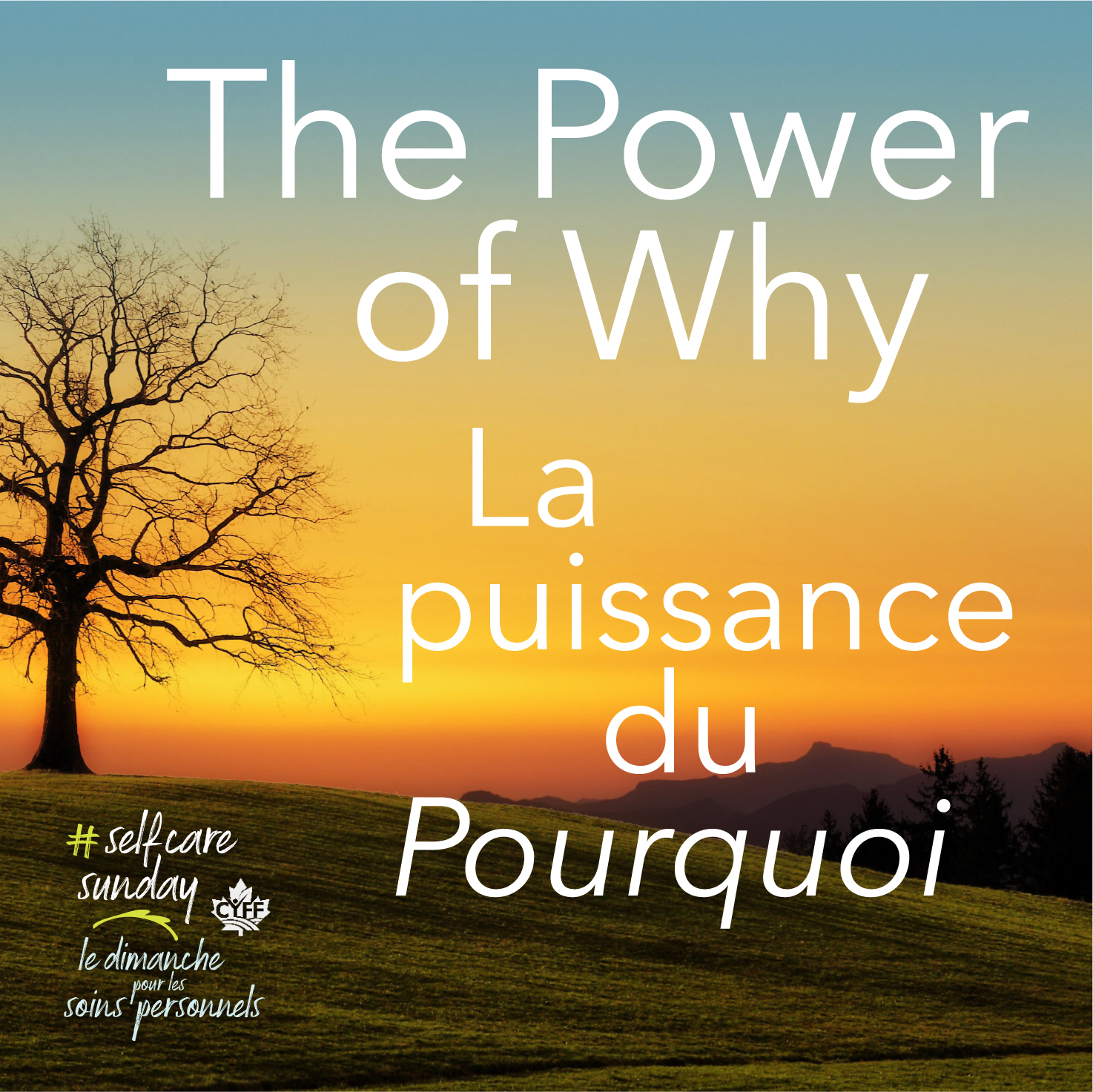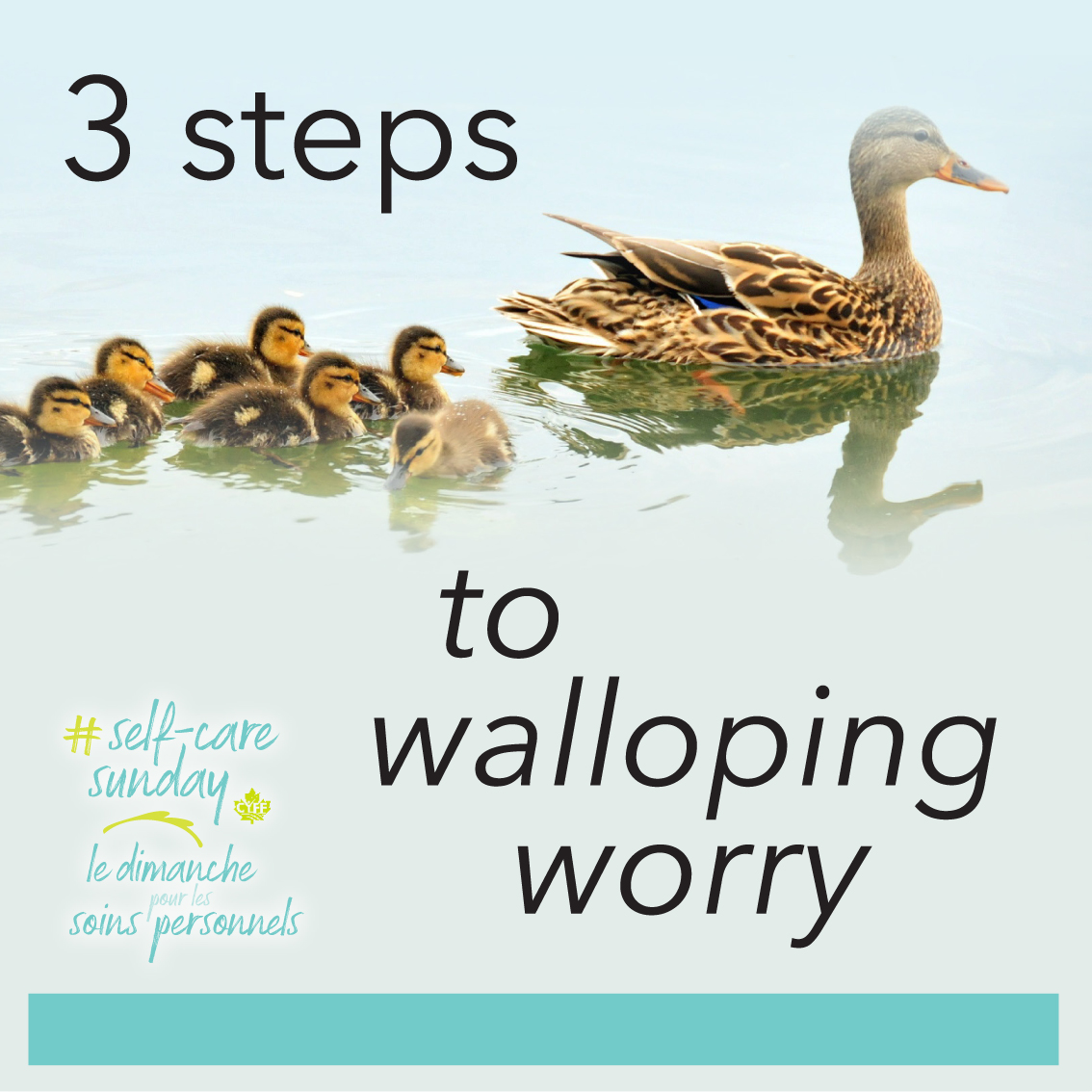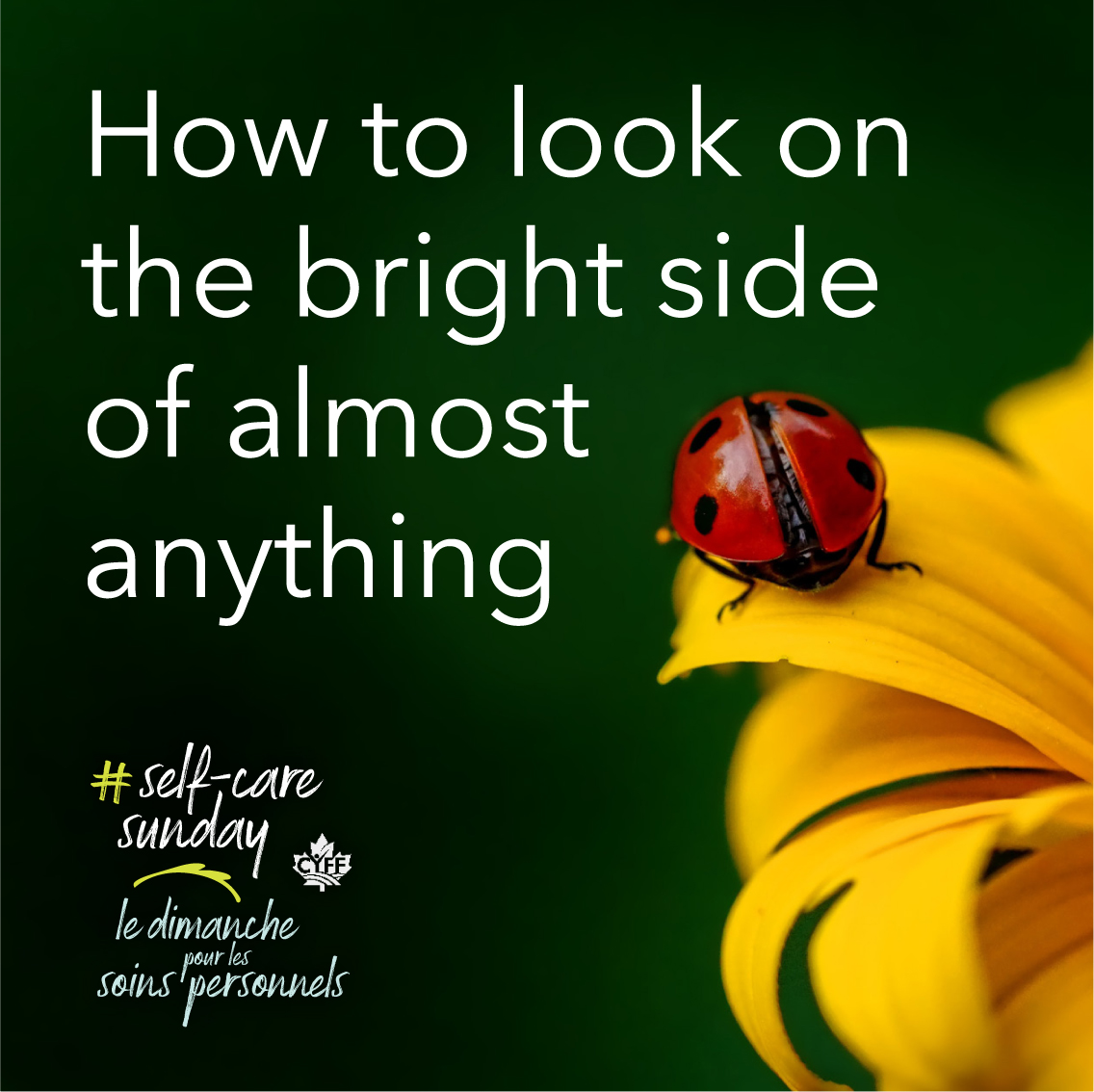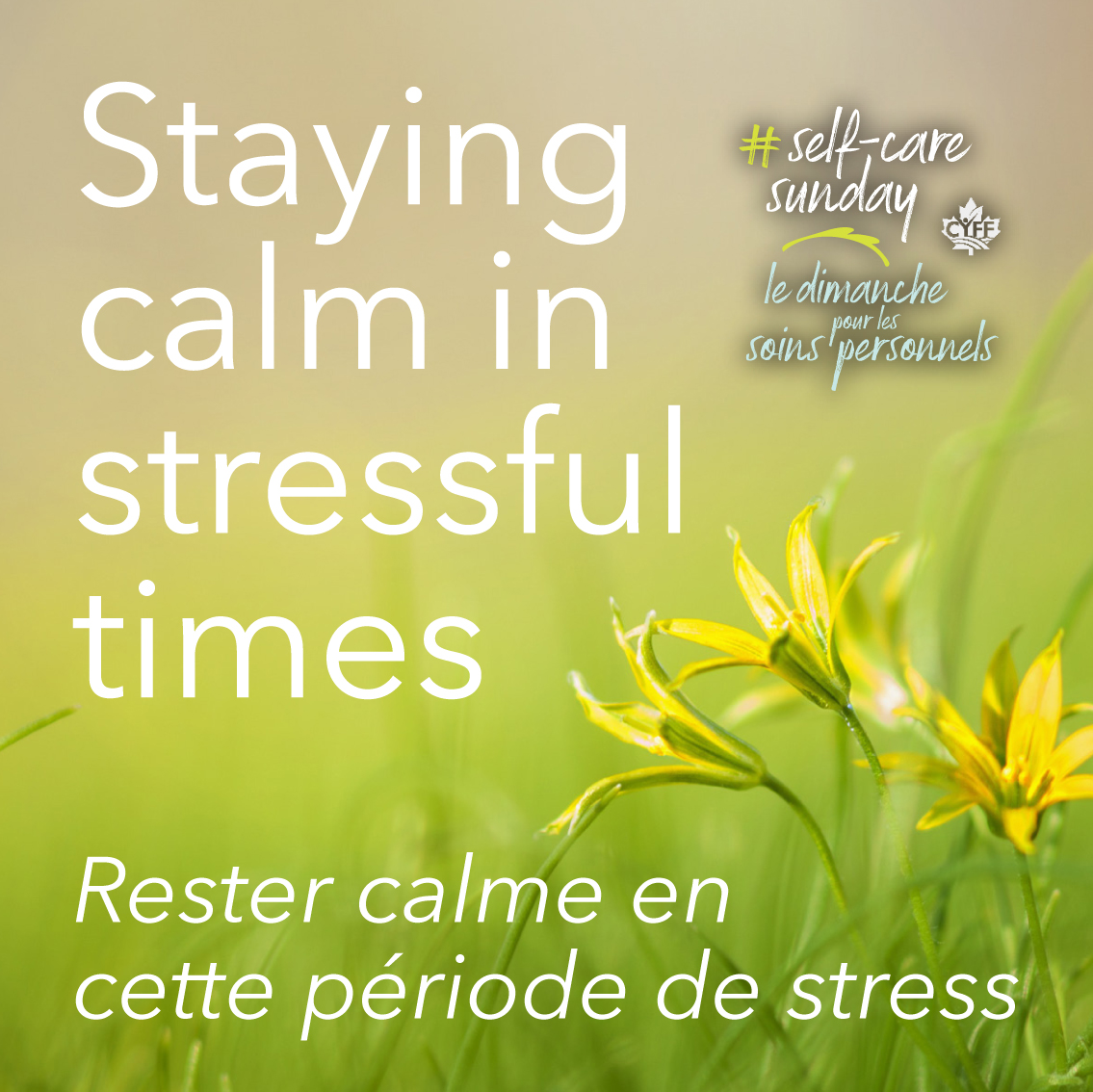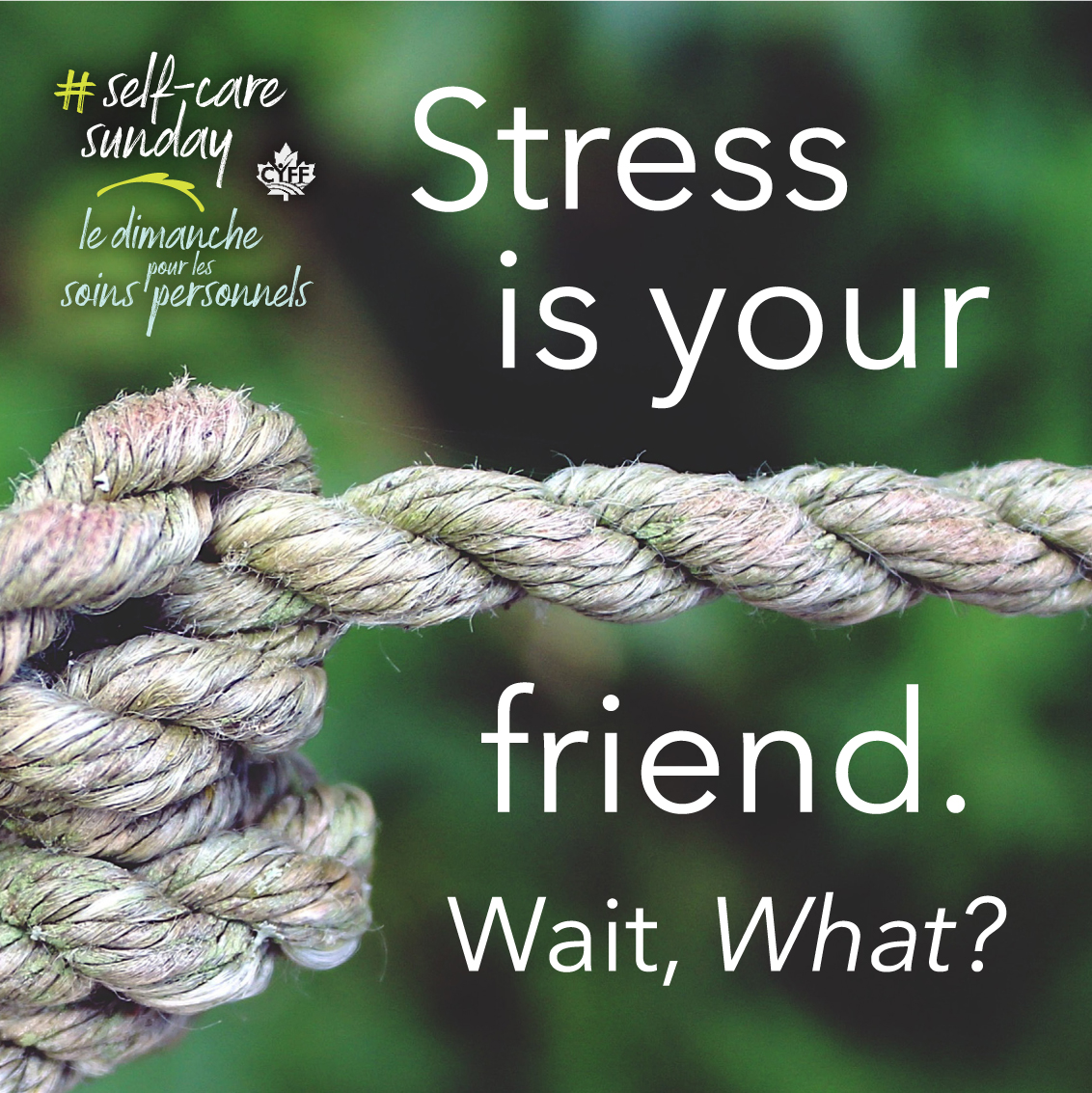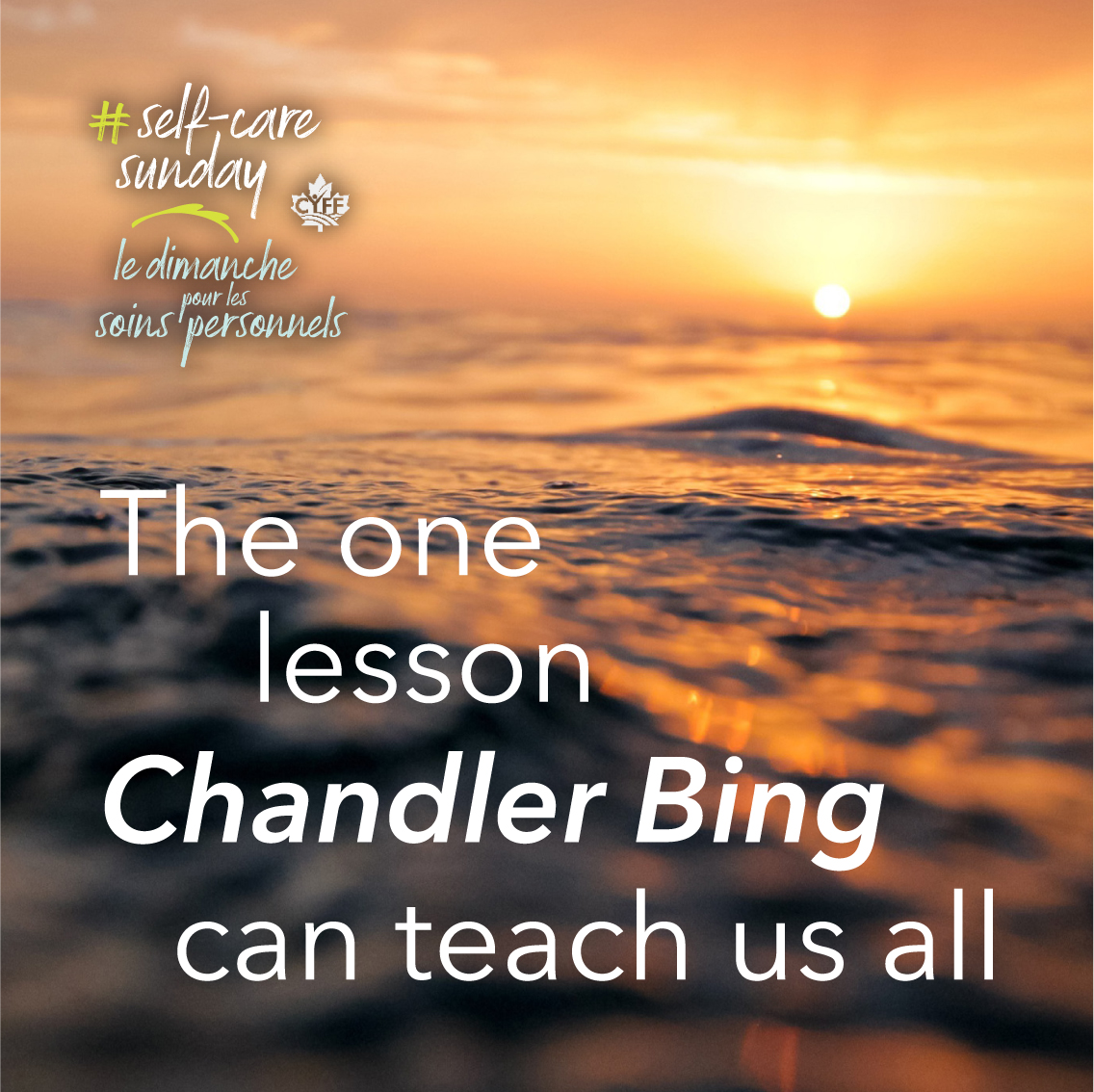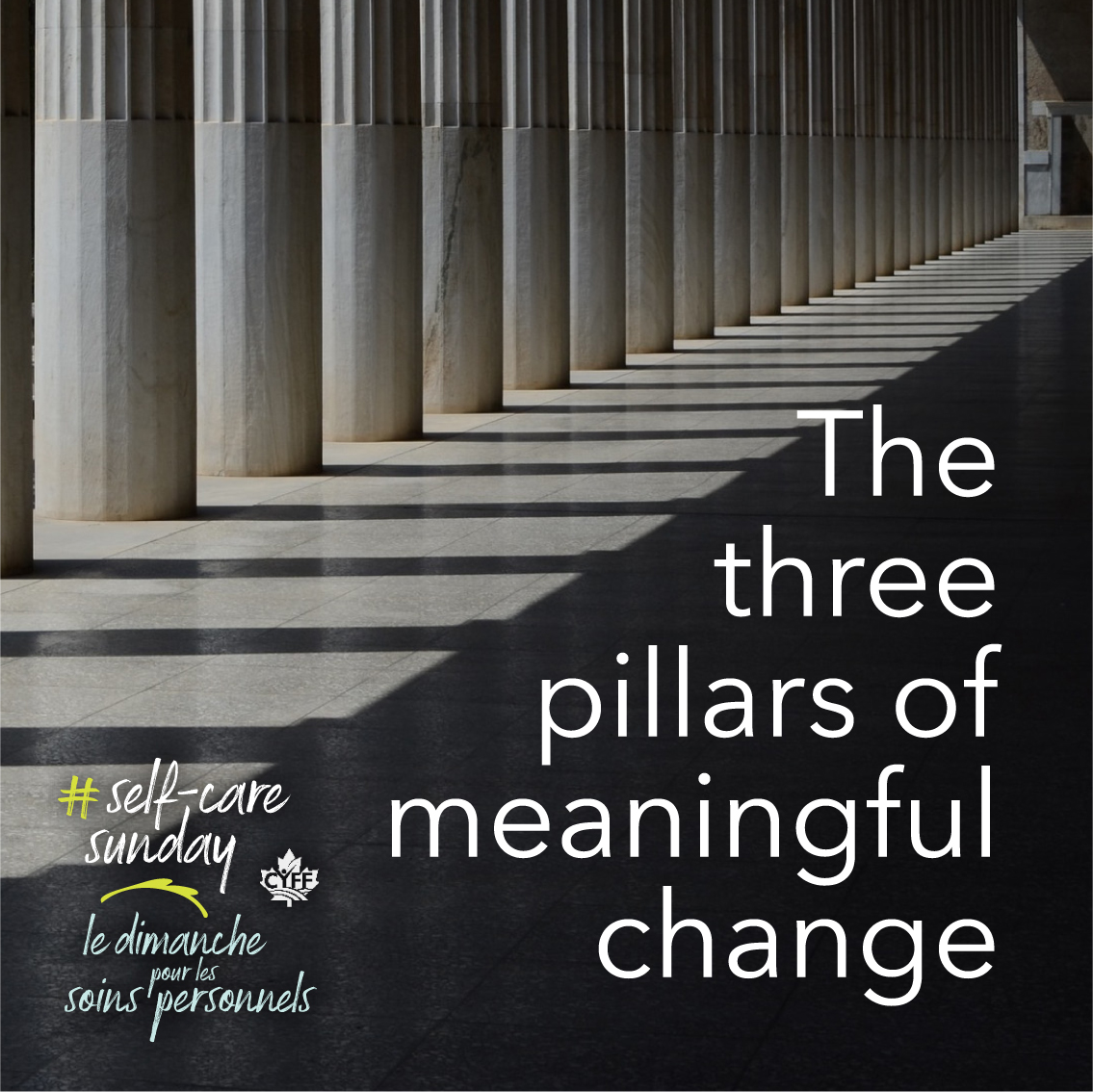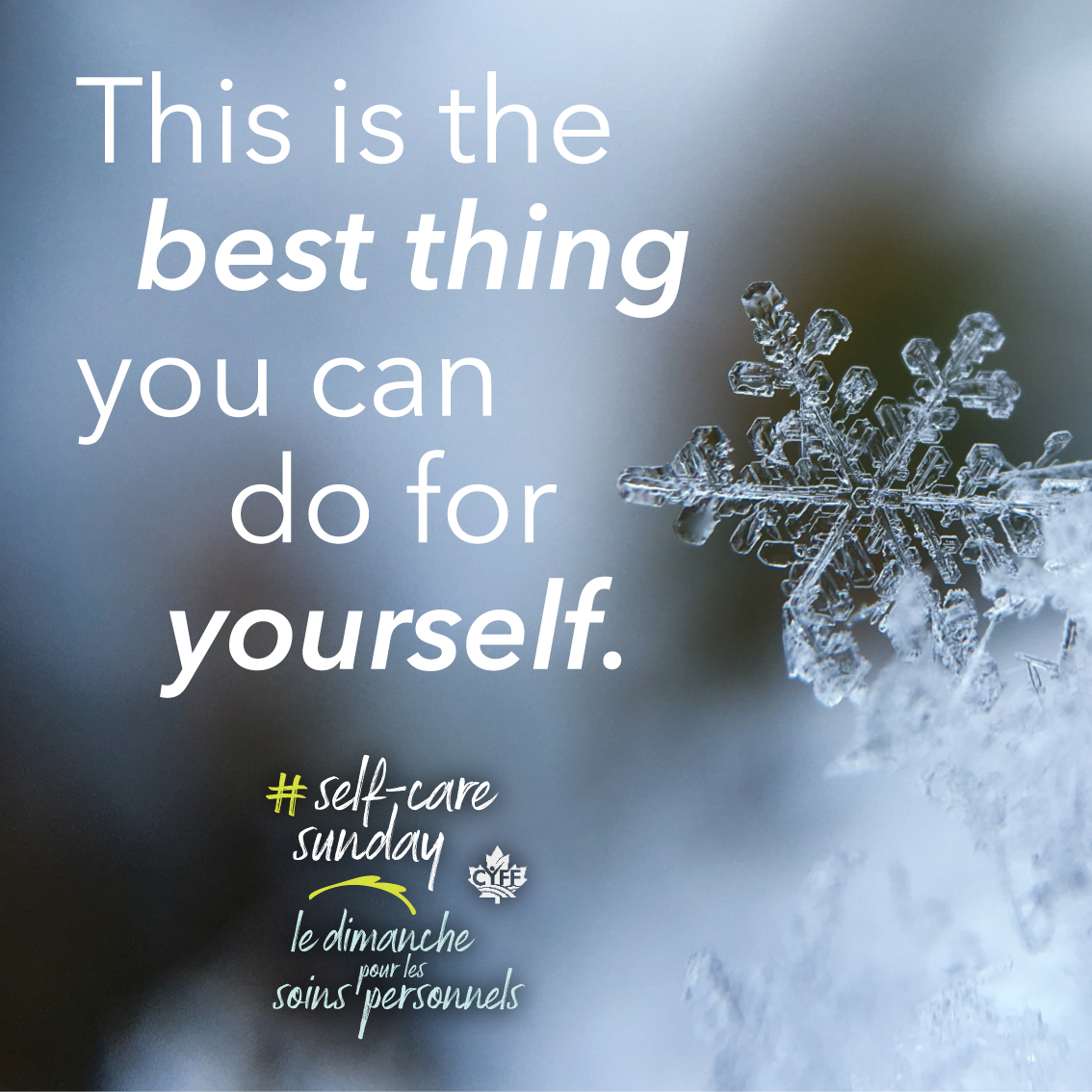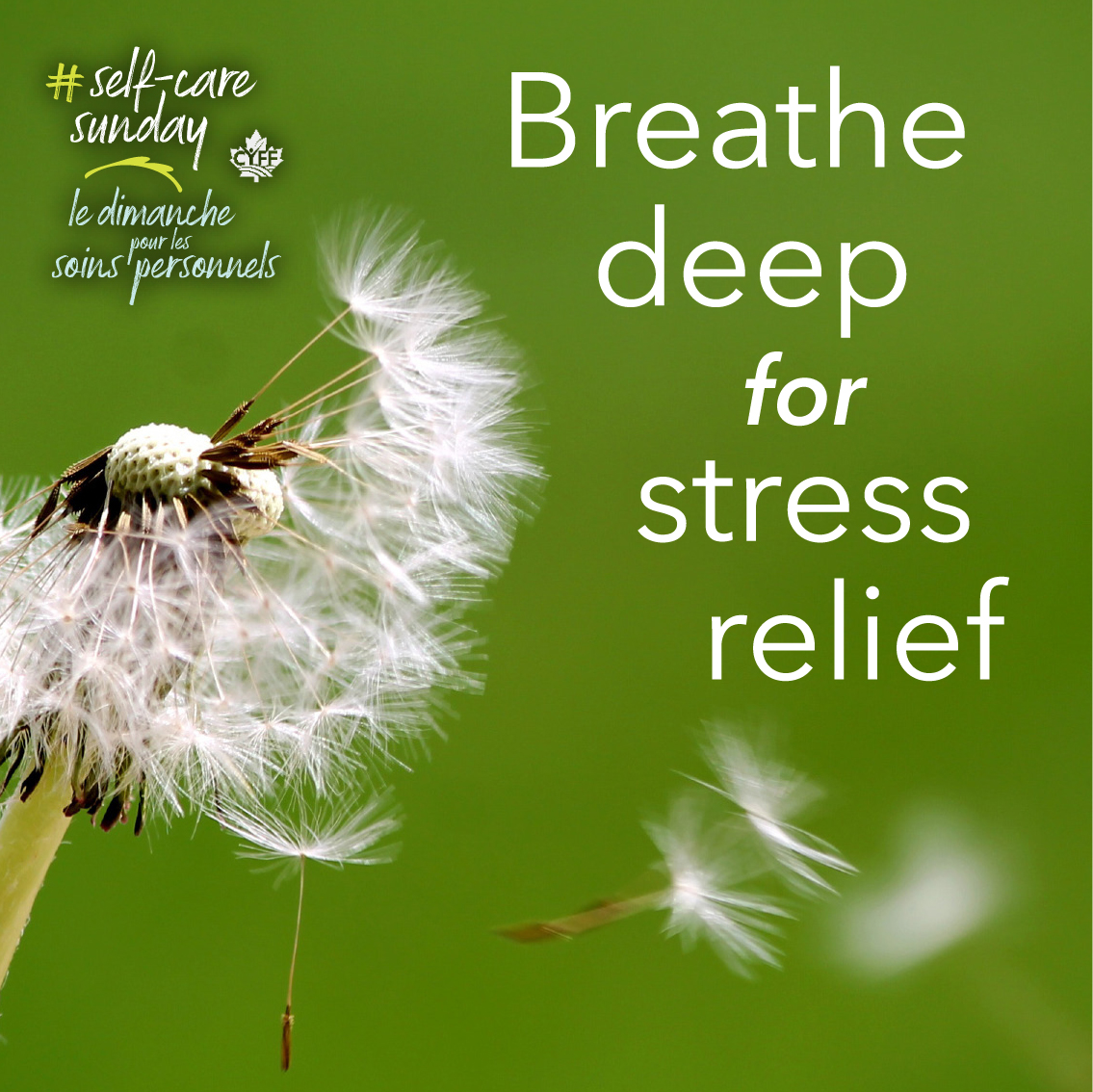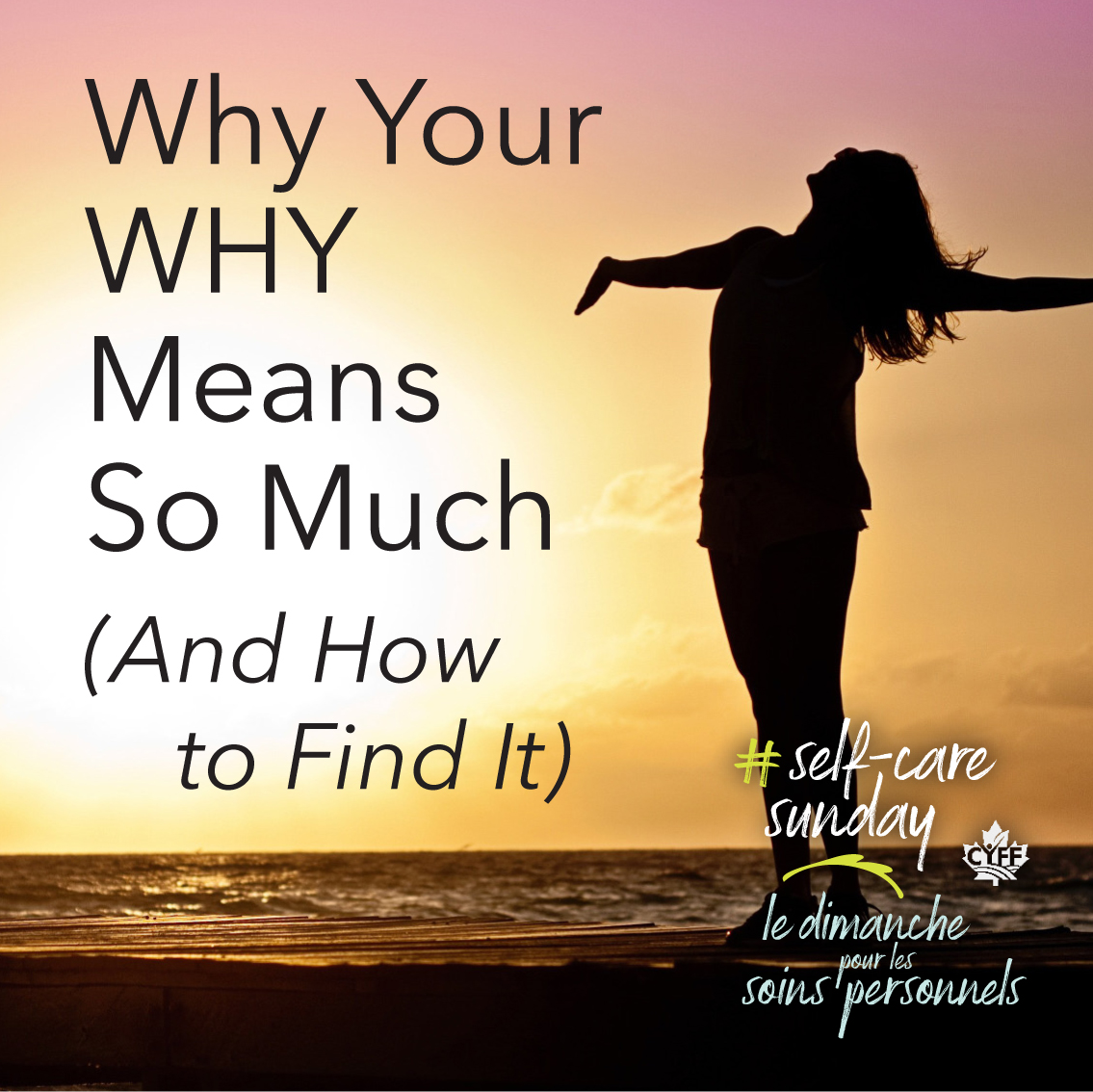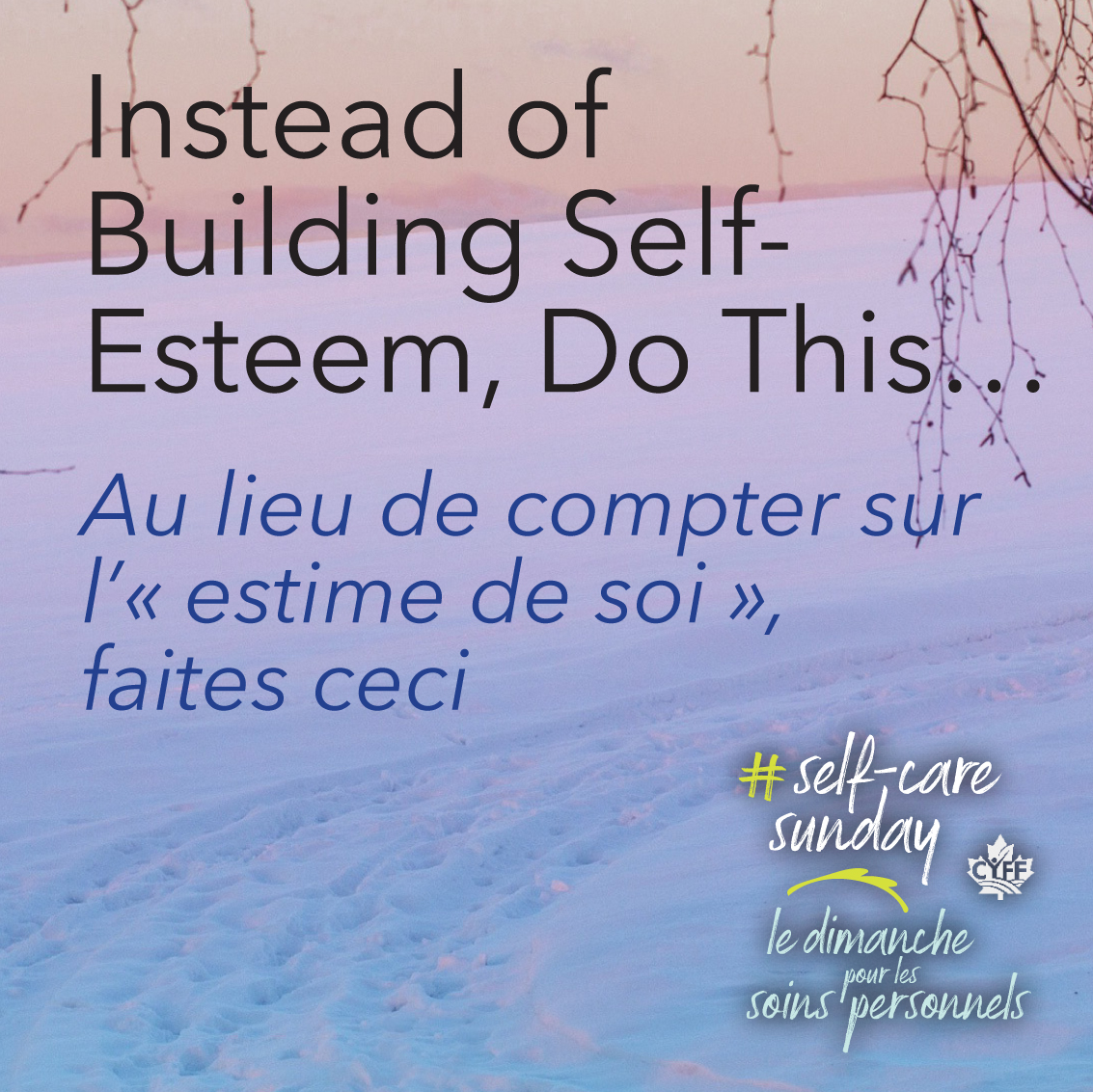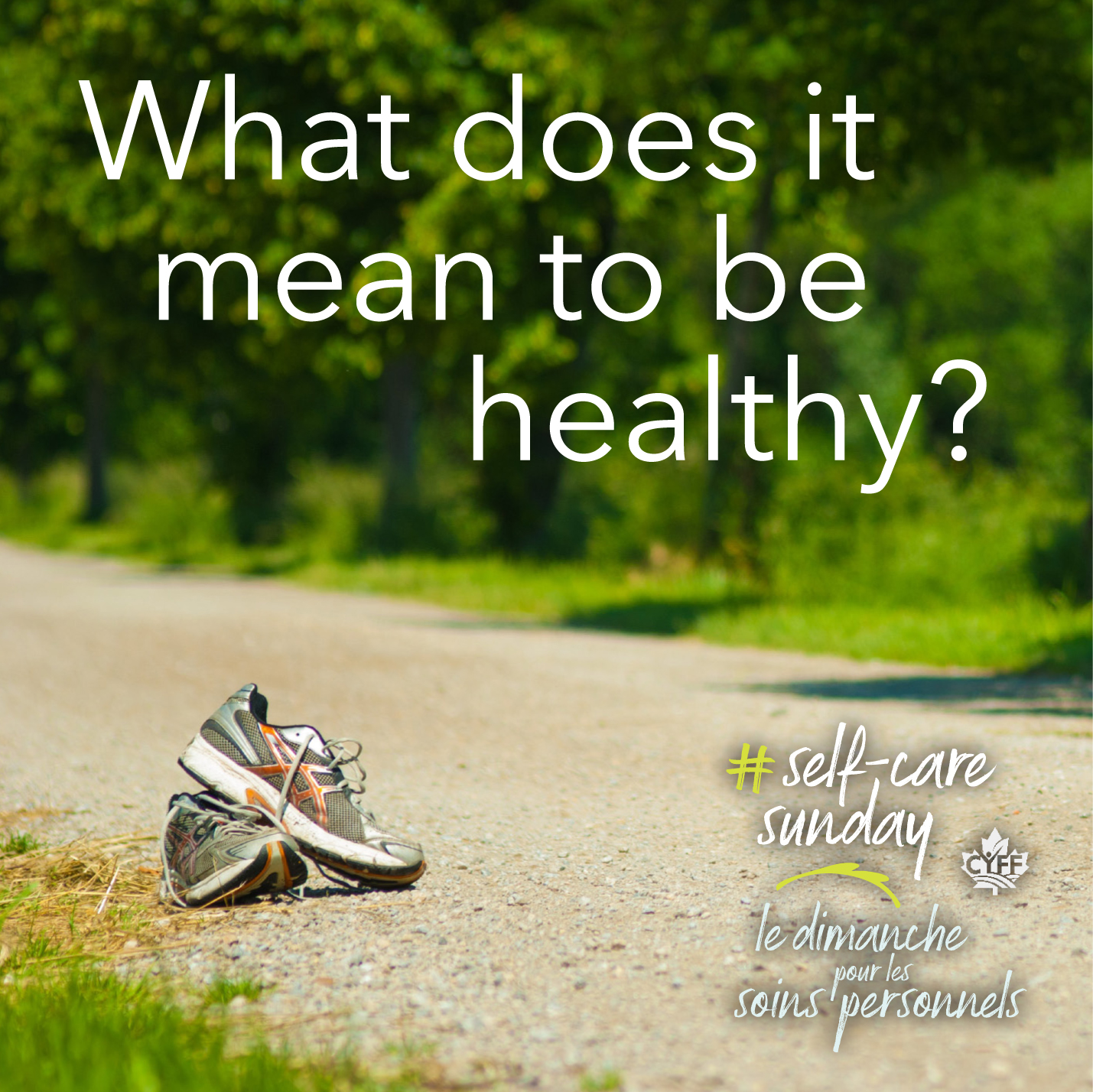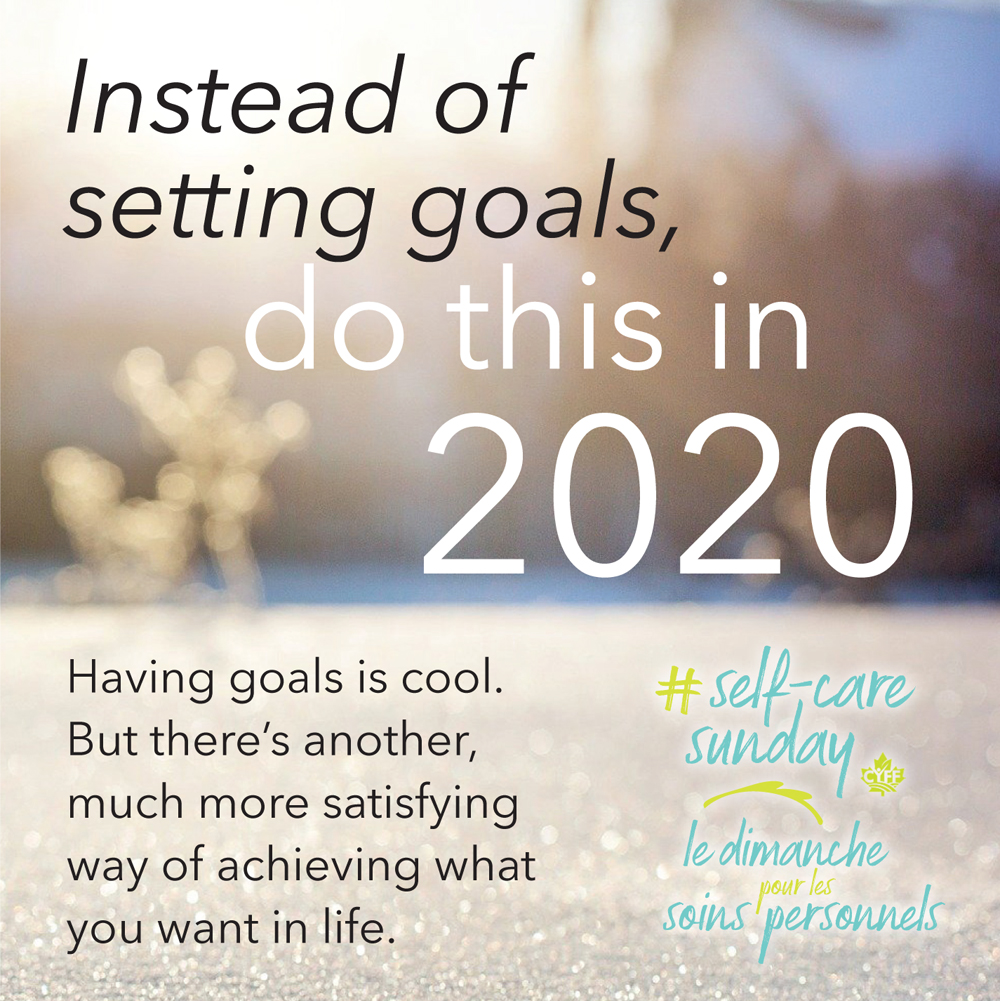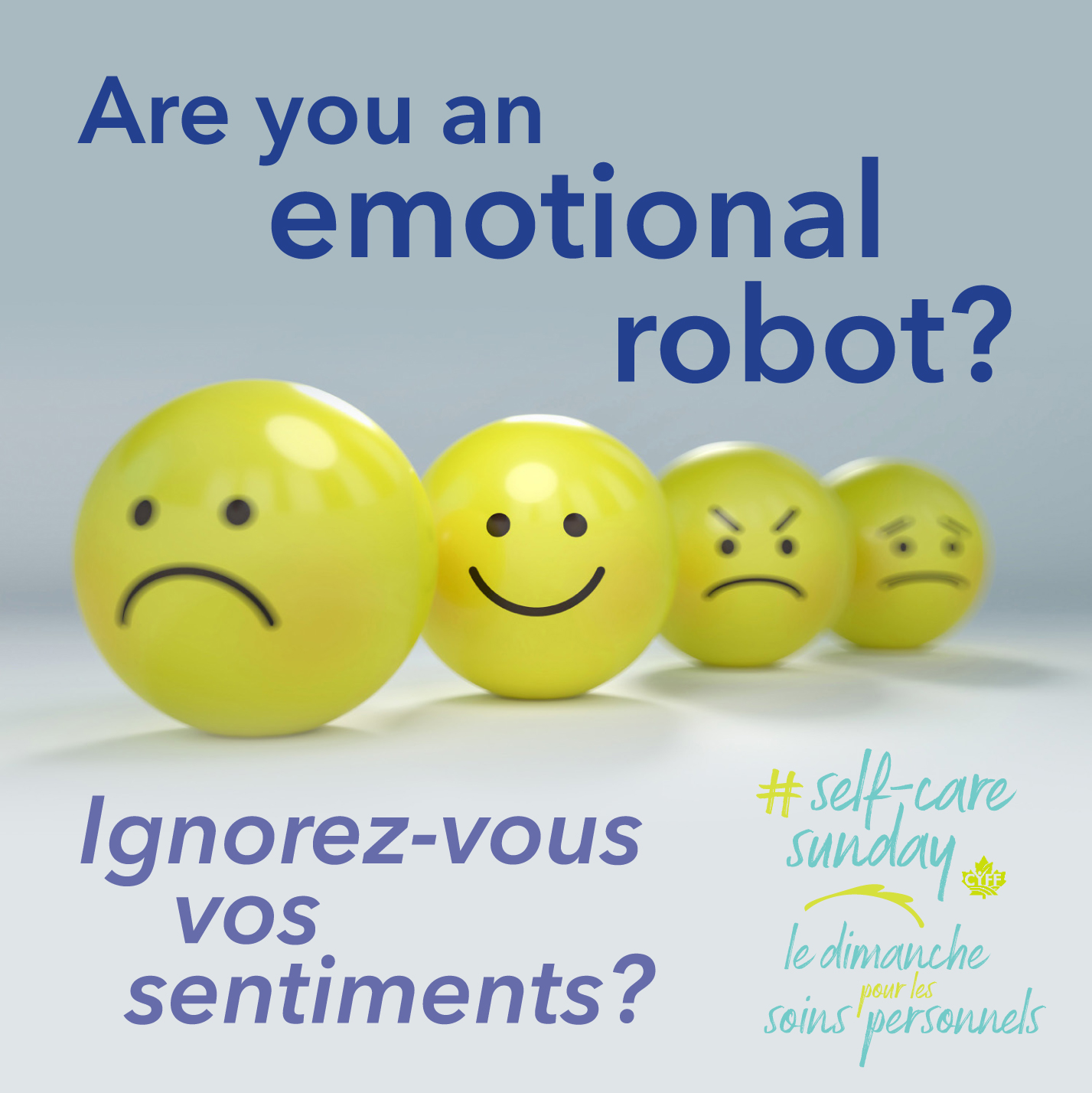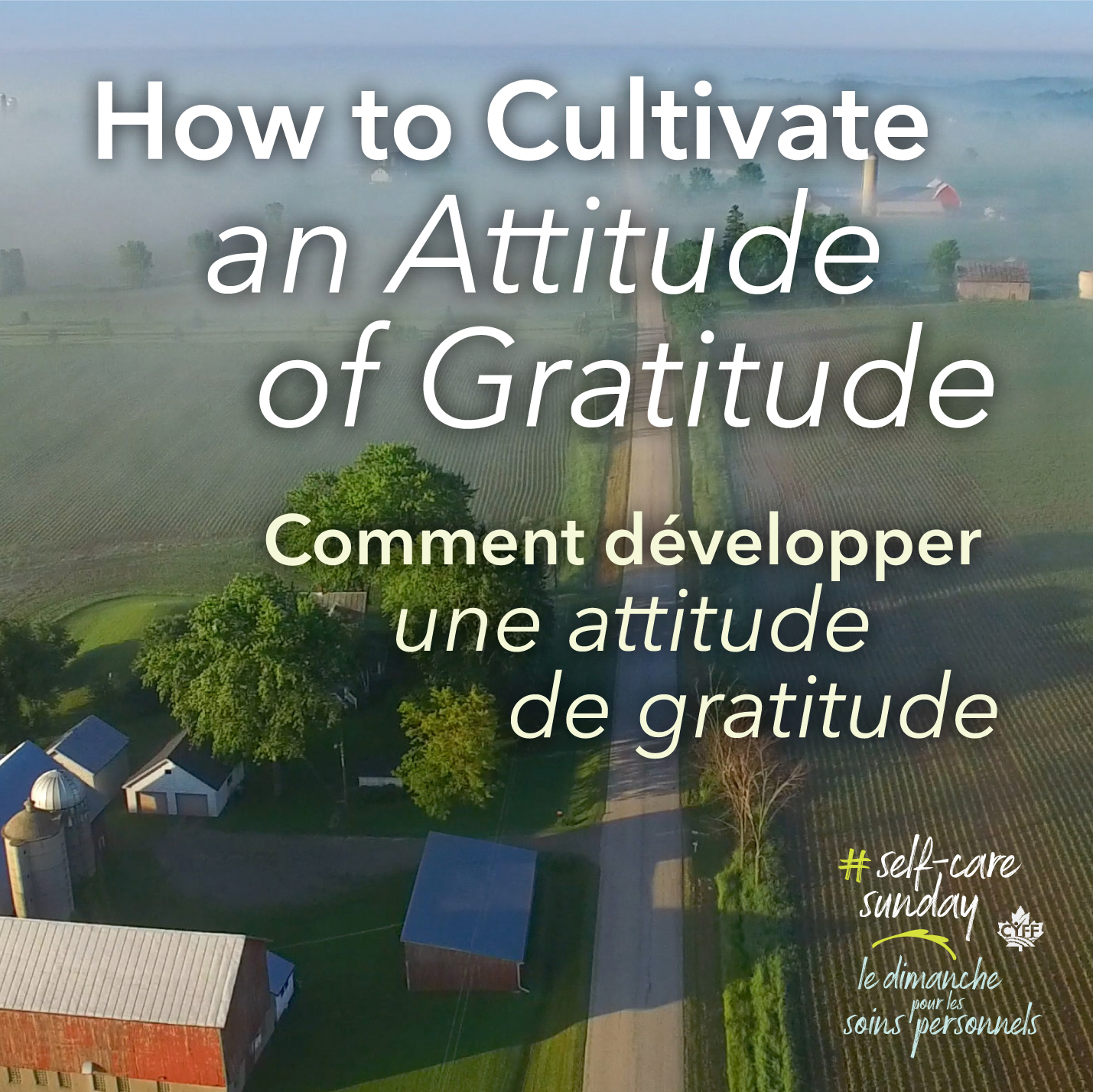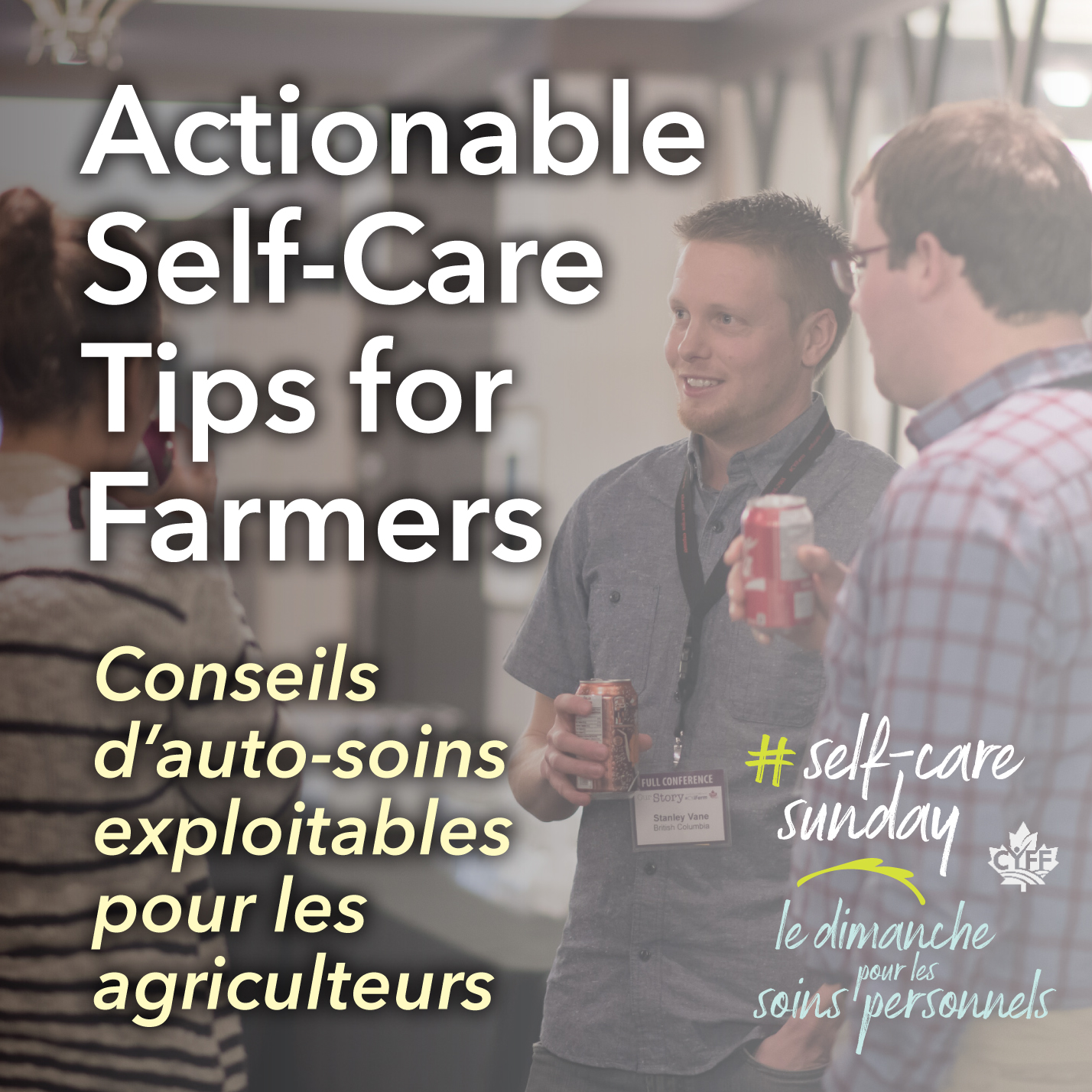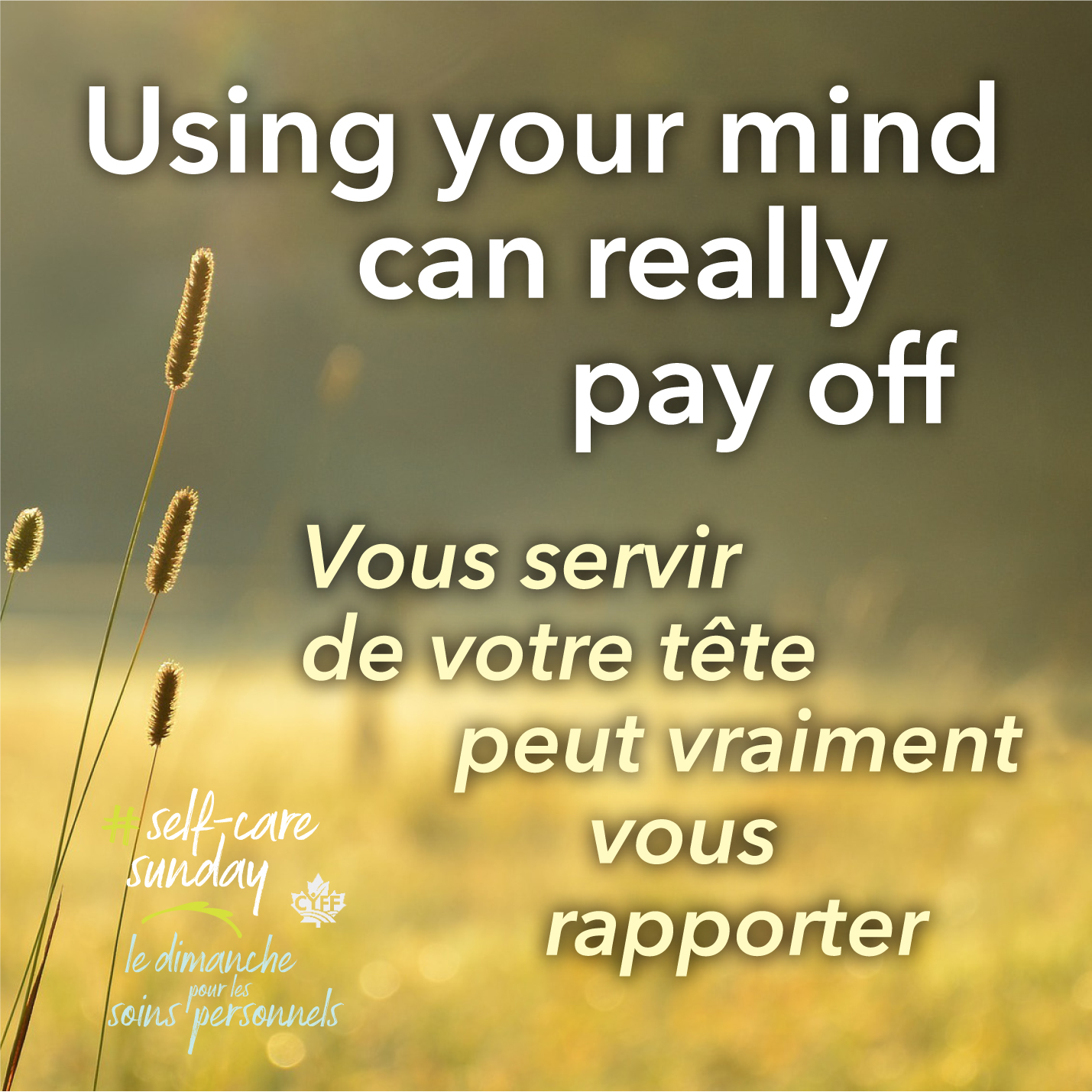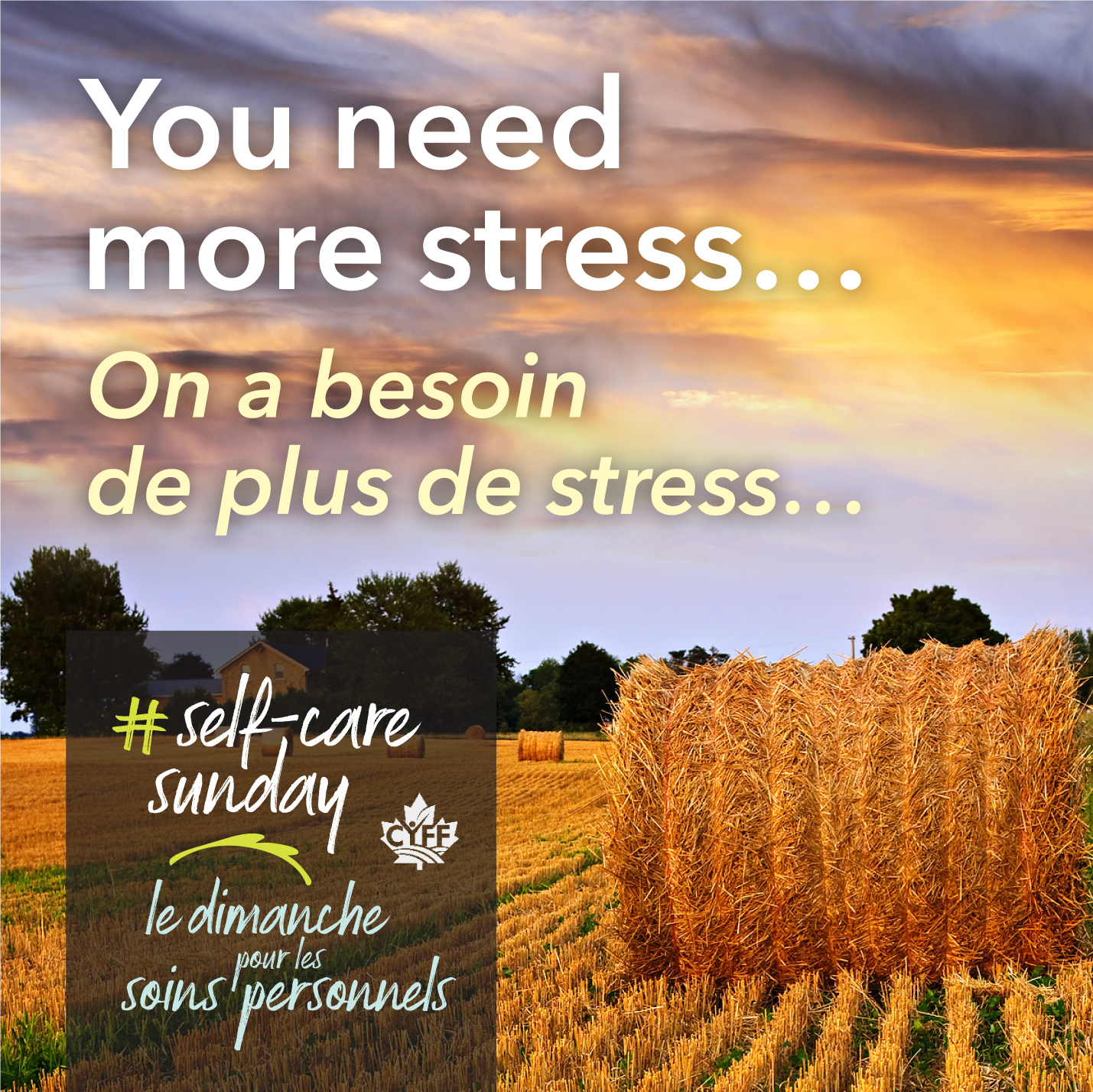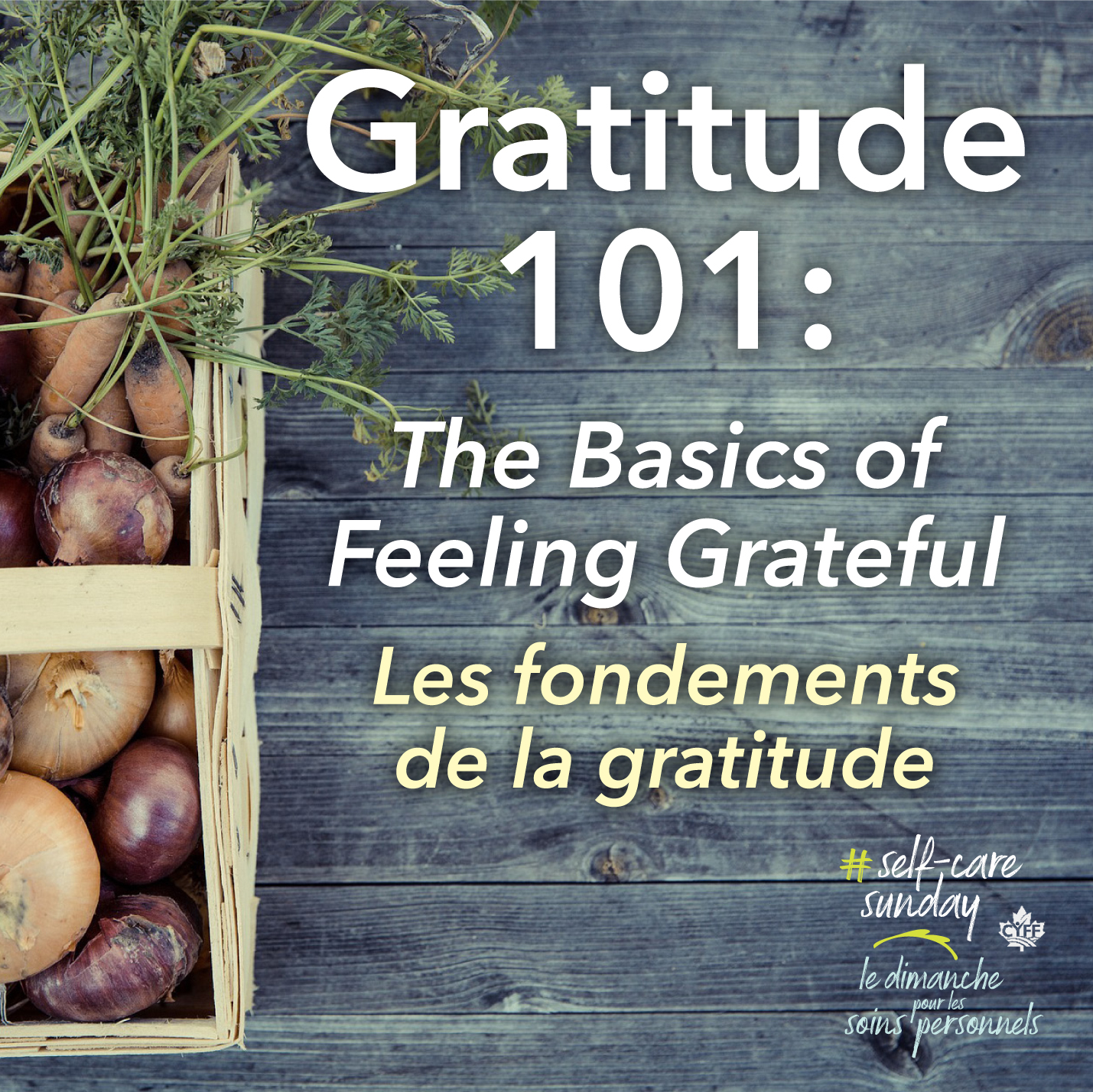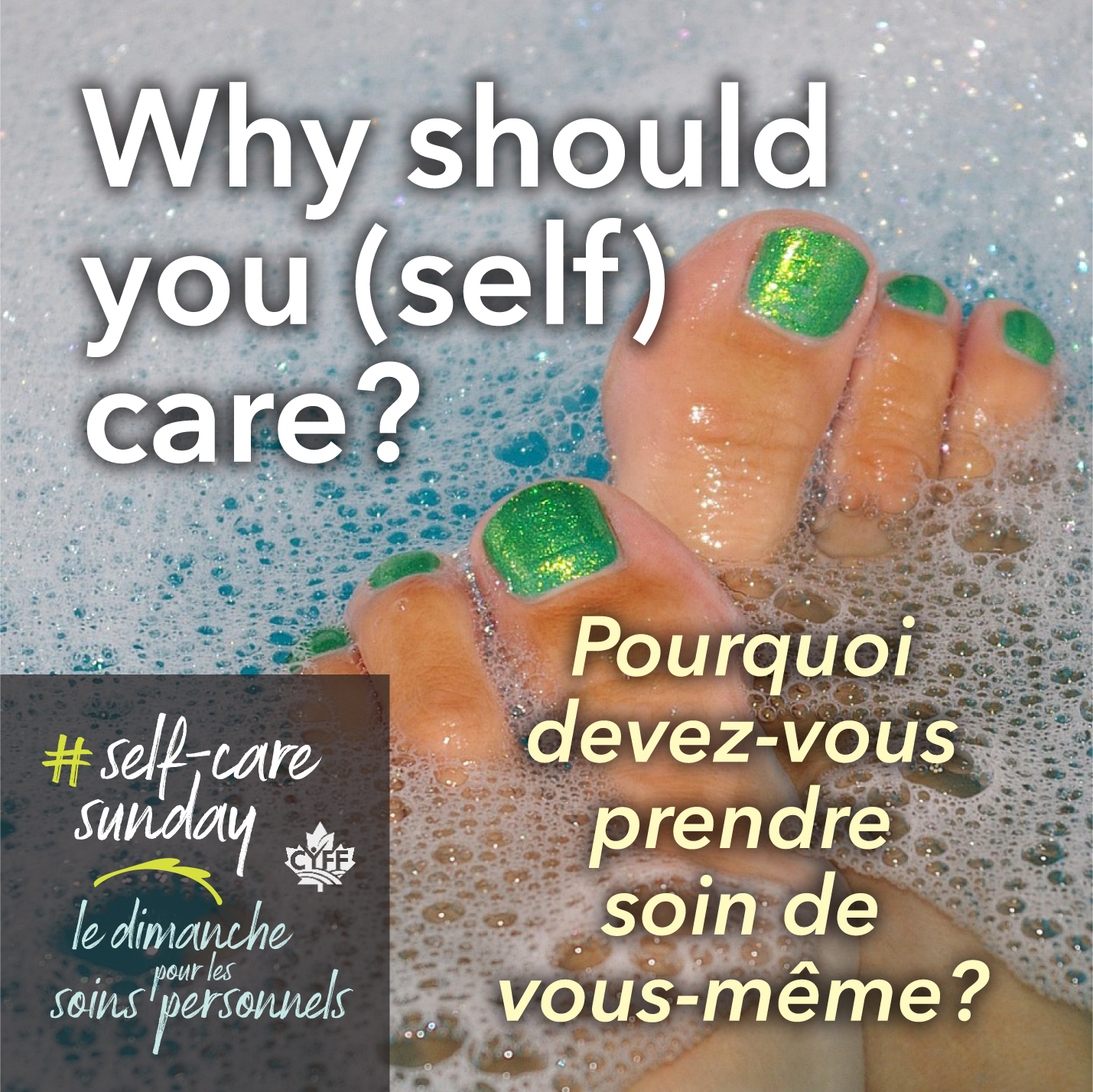

by Jess Campbell
Are you making decisions and living your life based on the values you hold dear? You might be surprised at the answer.
Have you ever stopped to consider what drives your daily decisions? When you have a lot on your plate, as many farmers often do, how do you come to a decision about what gets done first and what gets put off until later (or in some cases, much later or never)? You may just feel that you are adult enough to make a decision in the moment, and to roll with it. Even when it feels like that’s what happening, what you’re really being guided by are your values.
But what are they, and how do they entwine with your daily decisions and how you live your life? This is an especially important answer if you find yourself having to manage more stress than you’d particularly like.
Dr. David Posen has specialized in stress counselling for over thirty years, and says he thinks of values in three different ways. “I divide values into three categories: principles, priorities and preferences.”
PRINCIPLES
“Principles are the rules and edicts we live by, the fundamental things that guide us, like honesty, integrity, morality, trust, kindness, and consideration of others,” says Dr. Posen.
For example, you would never sell a cow you knew to be gravely ill or otherwise not what the buyer expected – would you? The answer depends on if you value honesty. Would you sell land for exponentially more than what you know it to be worth, pricing it out of reach from neighbours who may be interested in buying but who can’t afford the price, just to get the extra cash? That depends on if you hold integrity in high regard.
PRIORITIES
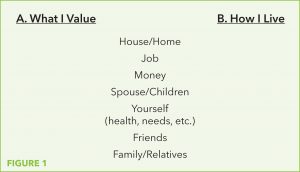 Priorities have to do with what’s important to you. When speaking about priorities, Dr. Posen puts it like this. “Decide what is important to you and then design and live your life in a way that supports and reflects those things.” If you’re not entirely sure what your priorities are, Dr. Posen uses an exercise with his patients that regularly produces an “ah-ha” moment (see figure 1).
Priorities have to do with what’s important to you. When speaking about priorities, Dr. Posen puts it like this. “Decide what is important to you and then design and live your life in a way that supports and reflects those things.” If you’re not entirely sure what your priorities are, Dr. Posen uses an exercise with his patients that regularly produces an “ah-ha” moment (see figure 1).
“Down the centre of a piece of paper, write these seven items: house/home, job, money, spouse/children, me (your health, needs, etc.), friends, family/relatives. Now, to the left of the list, rank them numerically in order of their importance to you. To make it easier, start by assigning a grade to each item – A, B, or C. Then, rank them 1 through 7; be honest with yourself when you’re ranking. Doing this shows you how you rank your values in theory.”
“Now to the right of the list, write How I Live at the top, and repeat the ranking process you used on the left side. Remember: be honest! The right-hand column is how you live in real-life practice, where you actually devote your time, energy and attention. It’s in this column where the penny usually drops, and people realize they may not be living their values. For example, you may say that family ranks higher than your job but your average work week is 80 hours or more. That doesn’t leave a lot of time to spend with the family you say you value so much.”
If you do this exercise, or even if you just think about it, odds are you will begin to recognize some discrepancies between what you say you value and how you live those values.
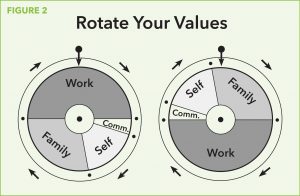 The good news is, you can make changes in your life to better represent your values. Dr. Posen explains how. “Rotate your values. I use a wheel that’s divided into four parts: work, family, community/philanthropy, and yourself (see figure 2). Work is a primary value, and usually gets all the time and energy that it needs in an average week. Family is also a primary value for most people, and it usually gets all the time and energy it needs after work gets its turn. But if work and family get their turn at the top, there have to be times when you are a primary value. You have to make time for that; same for community. They don’t need to be equal – they won’t be – but you do need to make sure each area receives time and attention. Similarly, you can combine your values. Doing things for yourself doesn’t mean doing them by yourself. You can do a lot of your “me time” things with other people, like having a family board game night or watching a movie with your spouse or going out for a walk with your kids.”
The good news is, you can make changes in your life to better represent your values. Dr. Posen explains how. “Rotate your values. I use a wheel that’s divided into four parts: work, family, community/philanthropy, and yourself (see figure 2). Work is a primary value, and usually gets all the time and energy that it needs in an average week. Family is also a primary value for most people, and it usually gets all the time and energy it needs after work gets its turn. But if work and family get their turn at the top, there have to be times when you are a primary value. You have to make time for that; same for community. They don’t need to be equal – they won’t be – but you do need to make sure each area receives time and attention. Similarly, you can combine your values. Doing things for yourself doesn’t mean doing them by yourself. You can do a lot of your “me time” things with other people, like having a family board game night or watching a movie with your spouse or going out for a walk with your kids.”
PREFERENCES
Preferences are the smaller things in life, like the kind of food you prefer to eat or the types of books you prefer to read. When it comes to discovering your preferences, you simply need to pay attention to what you truly like and what you don’t like. If you’d rather not have spicy curry for dinner once a week, say so and make something else. If you’d rather watch a funny movie rather than an action flick, voice that.
So what does all this mean? Why is it important to not only identify your values but also to make sure you’re living them, too? Dr. Posen gives the straight and honest answer. “If you decide what your values are and you design your life accordingly, you’ll have a lot less stress and internal conflict. What does it mean to live your values? How do you know when you’re doing it? When it feels right. When it feels like a hand in a glove.”

DR. DAVID POSEN
Stress management
Lifestyle Counseling
Psychotherapy
Dr. David Posen was a family physician for 17 years before devoting his time exclusively to stress management, lifestyle counseling and psychotherapy in 1985. As both a keynote speaker and seminar presenter, David has spoken widely to education, government, business and professional groups across North America. David is the best-selling author of five books: ALWAYS CHANGE A LOSING GAME, STAYING AFLOAT WHEN THE WATER GETS ROUGH, THE LITTLE BOOK OF STRESS RELIEF, IS WORK KILLING YOU? and AUTHENTICITY. His magazine articles have appeared in Canadian Living and Readers Digest as well as several medical journals. David has appeared many times on TV and radio across Canada and has been quoted in many leading U.S. media outlets. Married with two adult children, David lives and works in Oakville, Ontario. In addition to his busy schedule of seeing patients, writing and public speaking, he is an avid reader, musician, baseball and tennis player.

by Jess Campbell
Even during a pandemic, you can’t forget to check in with the people in your life. But perhaps the most important thing is to check in with yourself.
Depending on where you are in the country right now, the idea of maintaining social connections might seem pretty straightforward – or it might seem almost impossible. But no matter which scenario you find yourself in, it’s important to realize what it means not only to be socially connected but also to feel socially connected. The plot twist that you might not have been expecting is that you don’t actually need other people to feel or be connected.
Angela Marshall, a life and wellness coach, and meditation teacher from Saskatoon, SK, explains the idea of connecting inward first. “When you’re talking about connection, there’s outward connection (with other people) but there’s also inward connection with yourself. A lot of times, people will try to distract themselves with things going on outside of them, whether it’s watching videos on social media or bingeing a show on a streaming service or those kinds of things. Doing that is not really uplifting and is more of a distraction from what’s really going on inside of ourselves. I do believe there needs to be a balance between what’s going on outside of us and connecting socially there, and also connecting to ourselves from within; befriending your own self as if you’re the most important person, and nurturing that relationship first.”
As we continue to weather this global pandemic, our ability to connect socially with people has been, and will likely remain, limited. But there is another way to look at it: that we’ve been given the opportunity to connect with ourselves, to really figure out what brings us comfort and joy, what our values are and what’s truly important to us. Discovering and embracing those things can actually be life-changing – even if it does sound a little strange.
But why does the idea of connecting with ourselves sound strange in the first place? When you think about it, knowing yourself well, understanding who you are as a human being and allowing those things to guide your decisions in life makes sense. Yet, the vast majority of people don’t ever discover these things about themselves, and instead, live the way they think they should. “We happen to exist in a society that suggests (connecting inwardly and living our values) shouldn’t be the way we live,” says Angela. “We have belief systems and social structures set up to tell us that looking inward and connecting with ourselves in that way is selfish. We have all kinds of ideas about what things should look like in our broader lives. But then, as you get older, you have this clarity that happens. You can tell how you feel about things on the inside, whether it’s uplifting or depleting. I think it’s more about understanding what social connection means and is for each individual person. Identify what social connection looks like and how it feels for you rather than basing it on what it looks like and how it feels for other people.”
If connecting with other people is important to you then by all means, do it! Again, that may be easier said than done depending on where you are and the current situation that your province or even your community is living in right now. But even with restrictions on where you can go and who you can see, there are still ways you can connect with others in a meaningful, uplifting way. “It’s important to be open-minded about finding solutions; looking at what felt nurturing to you before, what was taken away and then how you can be open to finding it in other ways. (With social media, for example), I think (it) can be both connecting and disconnecting for us. You can tell by how you feel when you’re on social media whether it’s nurturing and uplifting to you or not; that’s the key piece. There’s nothing inherently good or bad, it’s just about how we’re using it and who we are aligning ourselves with. The clarity comes from deciding how you want to feel and then finding things that will support you in that.”

ANGELA MARSHALL
Functional Diagnostic Nutrition Practitioner
Holistic Health & Life Coach
Angela Marshall is a Certified Functional Health and Life Coach and Mindfulness Meditation Teacher. Her health coaching practice includes mindfulness and meditation and began after she had chronic health and pain issues that she was wanting to heal. With her own healing she then become a teacher of Mindfulness Based Stress Reduction with Dr. Jon Kabat Zin and expanded to other meditation practices. A firm believer in the benefits of meditation, Angela loves to teach people how to stay grounded and centered when approached with difficult or stressful situations with more patience and a clearer mind. In addition, Angela is a Functional Diagnostic Nutrition Practitioner and Integrative Health coach. She believes in the body’s innate ability to heal and be in its natural state of well-being when we give it the right environment to do so.

by Jess Campbell
It should be no surprise that higher stress levels can be linked to poor time management. Absolutely no one would be surprised to know that farmers are busy people. Do farmers always manage their time in the best, most efficient way possible? No. But nobody does.
Right?
Maybe.
But if everybody understood how time management affects stress levels and how managing your time more effectively could help decrease your stress, many, many more people would likely pay more attention to how they spend their time. Farmers included.
Dr. David Posen is an author, keynote speaker and stress management expert. Here, he provides 10 ways to improve how you manage your time and, by default, lower your stress levels.
- KEEP A SHORTER TO DO LIST
“When you try to do too much, you inevitably become overwhelmed,” says Dr. Posen. “Don’t try to conquer the world in a day. If you keep carrying items over to the next day, you’re trying to do too much.”
- BE REALISTIC ABOUT TIME FRAMES
“People often underestimate the amount of time something is going to take. If you’re often running behind, do a reality check on yourself. Something you thought would take 15 minutes might actually take 20 minutes. So give yourself a realistic timeframe to get things done.”
- LEAVE BUFFER TIME
“Don’t book things one right after another. Give yourself a little breathing room. Leave early for things so that if you get held up, you still won’t be late. The worst thing that may happen is you’ll have extra time on your hands. And we could all use some of that, right?”
- AVOID MULTITASKING
“Multitasking is a myth. You cannot do more than one thing at a time. There’s a saying that goes, ‘Attention is a zero sum game.’ If you think you can have a conversation with someone while also scanning your text messages, you can’t. If you try to listen to the TV and read the paper at the same time, you can’t. You miss things. You lose time and here’s the kicker: you make mistakes or risk injury from inattention. Multitasking is not only unproductive but also, and especially on a farm, it’s dangerous.”
- DELEGATE
“A lot of people are reluctant to delegate but then find themselves rushing and hurrying to get things done, or sweating it when they feel they won’t meet their deadlines, etcetera. Delegating certain tasks alleviates this worrying and rushing. Ask yourself, ‘Who could be doing this other than me? Who should be doing this other than me?’”
- TAKE TIME OUTS
“Time outs are when you purposefully decide to take a break. Even 10 or 15 minutes will help you break up the day. Time outs help you reduce your stress, rejuvenate your energy and give you time to think about what you’re doing. I take a mid-morning, lunch and mid-afternoon break just to clear my head, especially when I’m seeing patients all day.”
The next four tips can be practiced at any time of the year but have a particular focus on what Dr. Posen calls “crunch time.” For farmers, that means planting and harvest.
- CLEAR THE DECKS
“Focus on what you have to do; if it’s harvest, focus on that and nothing else. Don’t try to do a renovation in the house or buy a new vehicle. Just focus on the task at hand, as much as possible.”
- GET THE HELP YOU NEED
“Hire extra people. I call that trading money for time. Someone will say their margins are too thin and they can’t hire someone to do the work. But you have to ask yourself what is worth more – the money you’re going to spend to pay someone for a handful of hours, or all the time you’ll need to spend doing that work, on top of everything else? Sometimes, trading money for time is worth it even when margins are thin.”
- PACE YOURSELF
“You need to take breaks. It’s a bit of a discipline. But remind yourself that if you don’t take a break, you’re going to be less effective and efficient at what you’re doing. A great analogy is hockey players. They play in one or two minute shifts for a reason. After two minutes, in the NHL at least, they become almost useless! They need to come in and rest because they just can’t keep up.”
- AVOID LONG HOURS
“I’m not saying don’t work long hours, ever. But you have to understand that if you are tired, you’re going to be less efficient. If you’re less efficient, it’s going to take you longer to get things done which will leave you less time for sleeping and eating and time with friends and family, which will keep you tired and less efficient. It’s a vicious cycle. I have a 35-year history of getting hundreds of patients to cut back on their work hours. They think I’m nuts; they tell me, ‘I can hardly get my work done as it is. Which part of ‘I can’t get it all done now did you not hear me say?’ But the deal is that you have to give yourself the saved time for things that nourish you, like sleep and exercise and time with friends and family and hobbies and so on. Never once in those 35 years have I had a patient who couldn’t get their work done in less time when they took better care of themselves. My motto is: Sometimes, Less is More.”
“As a family doctor, have I worked long hours at times? Absolutely. But it was always for a limited time. Our work can be open-ended; we can always do more. But we’re limited by our physiology. It’s the same with hockey players, with doctors and nurses, and farmers during planting and harvest. I’m hugely respectful of people who choose to be farmers. You have chosen a very challenging and often difficult way of life. I commend you for that. But it doesn’t mean you have to throw every piece of common sense and energy management out the window just because it’s harvest time. It’s not healthy but it’s also not sustainable. It’s not that I want you only working 8 hours a day at harvest time. I just want you to work 10 or 12 instead of 14 or 15. I want you to go to bed at a relatively decent time at night, so you’ll have energy for the next day. That’s all.”



